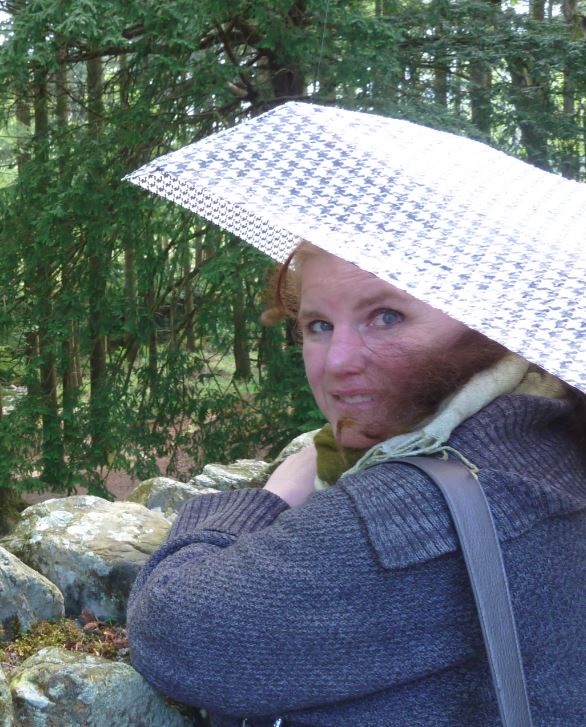I was swept off of my feet by the magnificent first chapters of this book. Although the characters rarely rise above their stations as essay-ic mouthpieces and none of them were truly sympathetic for me, I greatly appreciated the Shakespeare-quoting Savage and multitudinous points that struck home like Robin Hood on methamphetamine. It’s no accident this book takes The Tempest as its jumping-off point. This story chronicles a delirious insanity that doesn’t quite make sense and yet is obviously a pillar of a temple dedicated to our deepest secrets and needs.
Some of the reviewers on Amazon debated Huxley’s depiction of the future, but it seemed clear to me that he was mocking his own (and our) culture. I can almost hear him: “Well, if we must be split into social classes, we should at least be humanitarian about it. Make people be better adapted to their servitude. In fact, make them enjoy it.” For me, this isn’t a story about totalitarianism and lack of freedom – it’s a story about clinging to systems that work for us despite their amorality. Then, I realized after reading the part on “The Absence of God as Proof of God” that the unquestioning following of a social system to its natural, though ludicrous conclusion, by absence of not discussing it, proves its existence as a theme.
Reading Brave New World, I was taken aback by my own reaction – given how unfair and frightening the world is now, perhaps this alternate variation would not be such a bad thing. Is it really any worse than what we have now? No! And I think that’s the point of this story.
This book comes at an odd time for me in my own story-writing process. I am working on The Red Road, and one of its themes is that civilization exists because humans are afraid of being lonely. What did Brave New World give The Red Road? This: society has many ills, but perhaps we prefer those ills since they also stand to protect us against our own innate fears.
Once again, an older work of literature informs and directs a story. I’m not sure I have the fortitude to choose a work as nervy as The Tempest, but I could follow the lead of “Making a point by not making a point.” (However, I wouldn’t choose it as a first or second theme, because it would be too obtuse and confusing for the reader.)
Oh. There can also be more than one theme to a book. That’s an important (and easier) lesson.

 RSS Feed
RSS Feed